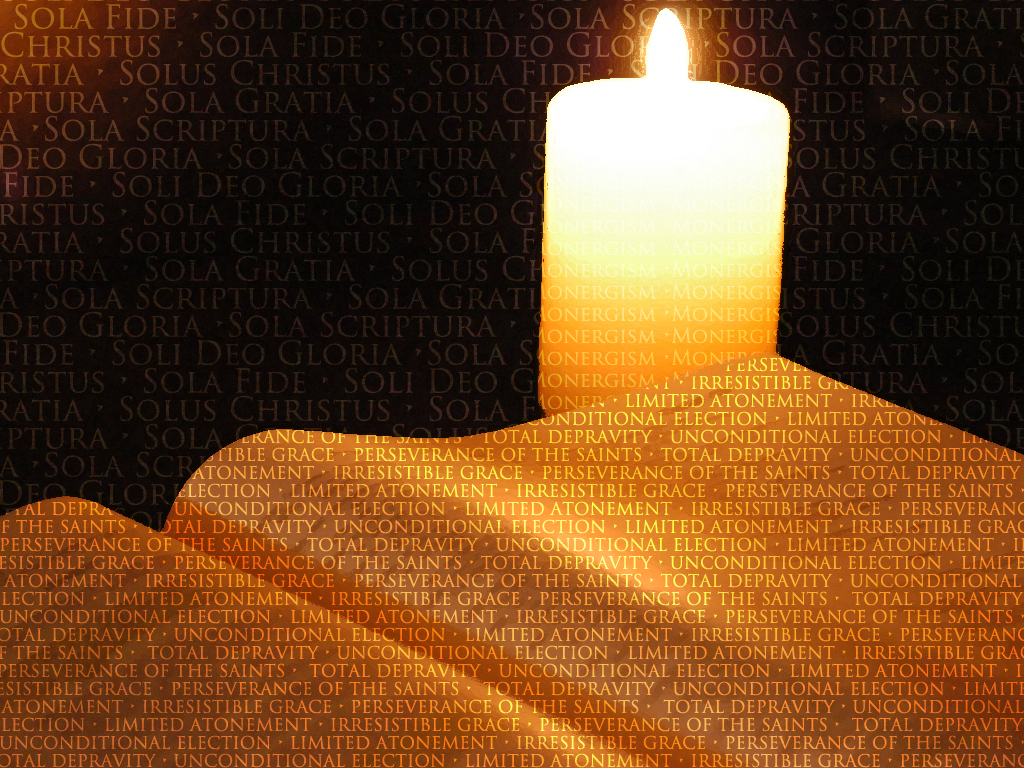A Reformation Quiz
This Friday, if trains run on schedule, our family hopes to be attending the Ligonier Regional Conference in Lutherstadt Wittenberg (www.ligonier.org/events/2017-regional-conference-wittenberg). This year celebrates the 500th Anniversary of the Reformation. Since we had fun with the last quiz, I have one on the Reformation. We’ll check our answers together again on Sunday.
This Sunday, we’ll be focusing on Acts 17 and considering:
-What are the world’s misperceptions of Christian faith?
-Can the Gospel be rationally defended?
-How did the early church preach the Gospel to an unbelieving culture?
-Are we where we are today because of a divine plan?
REFORMATION QUIZ
1. The 16th century revolt which divided Christians into Protestants and Catholics is known as the—?
a) The Religious Revolts
b) The revolt of the Popes
c) The Reformation
d) The Great schism
2. The leader of the German revolt was—?
a) Luther
b) Calvin
c) Hapsburg
d) Erasmus
3. Who wrote a list of 95 theses against indulgences and nailed them to the door of the church in Wittenberg?
a) Calvin
b) Spinoza
c) Luther
d) Martin Cane
4. The most important political treaty signed at the conclusion of the religious wars?
a) Treaty of Ghent
b) Treaty of Paris
c) Peace of Augsburg
d) The Treaty of the Agnostics
5. The French and Dutch drew their Protestantism chiefly from—?
a) Luther
b) Zwingli
c) Calvin
d) John Knox
6. The church practice of selling positions of leadership was called:
a) Patriarch
b) Heresy
c) Indulgences
d) Simony
e) Excommunication
7. Who was John Wycliffe of London, and what did he do?
a) He was a king who was fed up with the church’s power and influence in his kingdom.
b) He was a pope who changed church laws.
c) He was a mystic who founded the first Lutheran Church.
d) He was an early critic of the church’s corrupt practices. He disagreed with the selling of indulgences, simony, and the Bible being in Latin. Eventually he produces the first English translation of the Bible.
e) He was a priest who believed that women should be allowed to become priests.
8. What happens to Jan Hus, a Bohemian priest, at the Council of Constance in 1415, when he believes he is actually coming to debate his views and concerns about the abuses within the Catholic Church?
a) He is “canonized” as a saint by Pope Leo III in 1414.
b) Jan thinks he is going to openly debate his views; but instead, he is burned at the stake as a heretic for his views.
c) He is crowned as the 100th pope.
d) He is made the King of France and he starts his own religion.
e) He converts to Judaism and then to Islam.
Bonus question:What is the meaning of Sola Scriptura?
Sources: History Quiz and Quia







